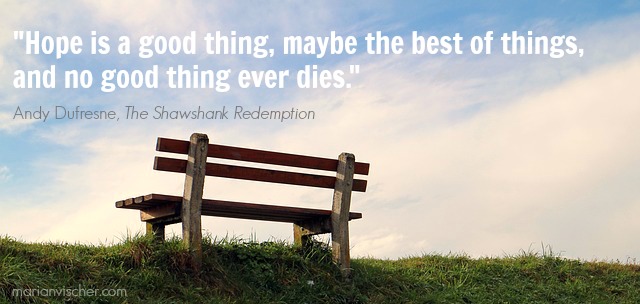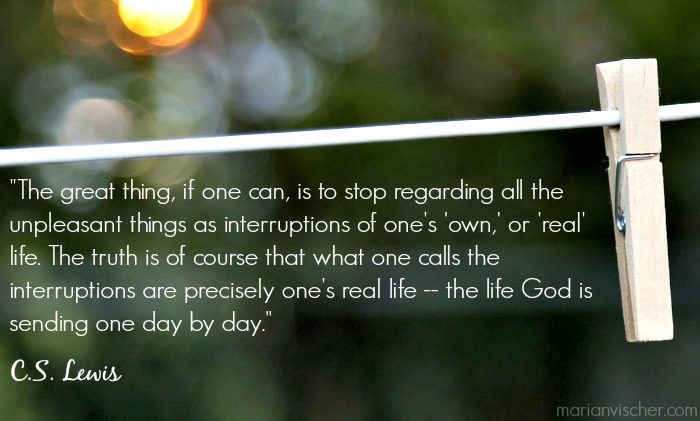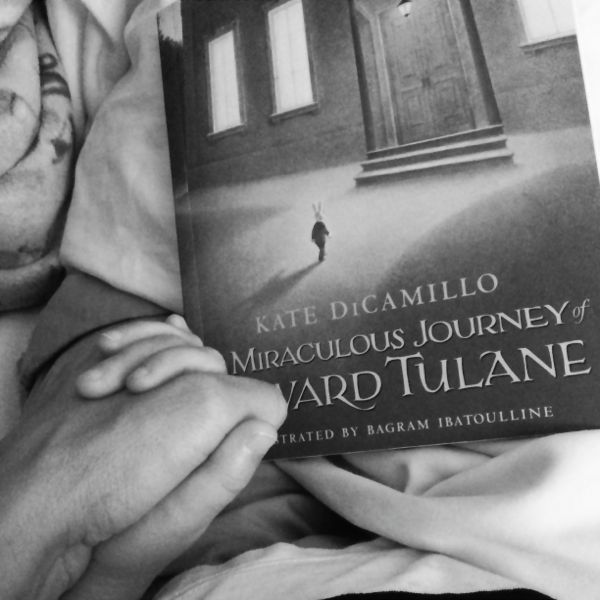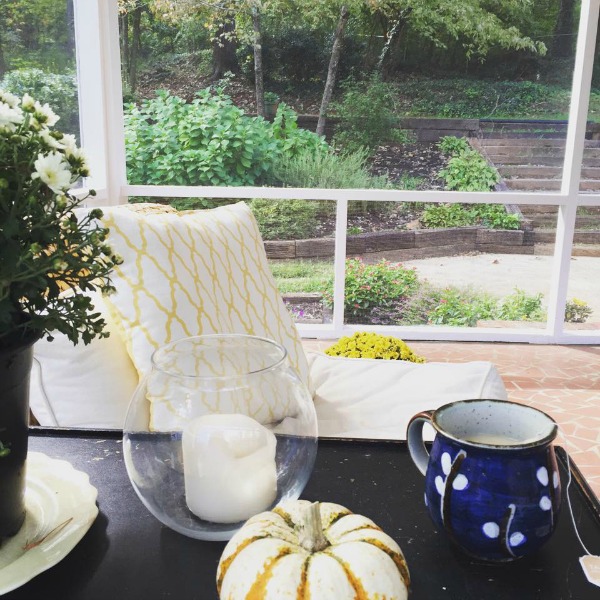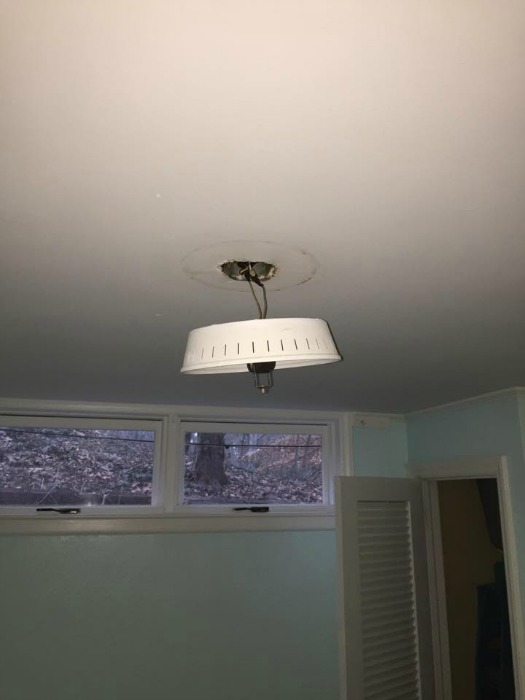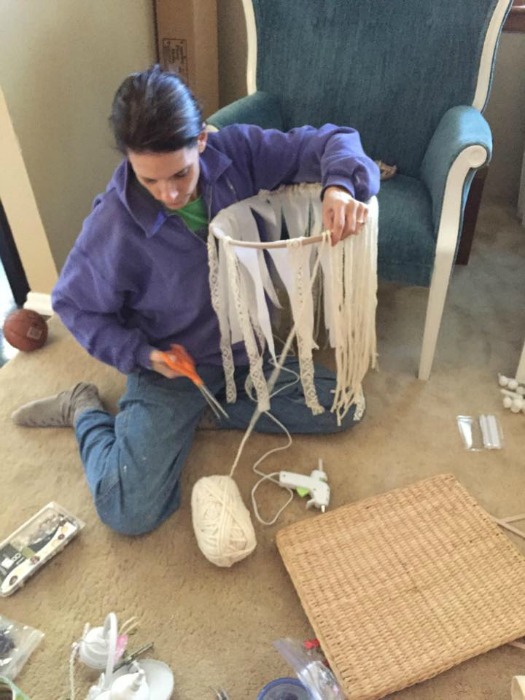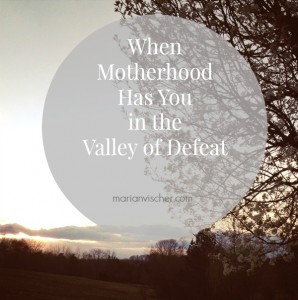
Once Jesus’ “official” ministry on earth began, he ascended to fame quickly. Jesus, a no-name carpenter from Nazareth, fed thousands of people, grew a loyal following, healed sick people, and confounded the establishment. In today’s cultural currency, he’d be out-trending Beyonce. #Jesus
Even his followers got in on the fame. They became an entourage, fighting over who was his favorite and becoming recognized themselves.
And then his story went off the rails.
He allowed himself to be crucified. To his followers this must have looked like He was complicit in his own murder, his own career suicide.
Does this sound like too much for a blog post situated within a little series about work? It does, doesn’t it.
The truth is, I’ve been wrestling with this Jesus part for weeks and haven’t known where to put him. Jesus feels dramatic and out of place. And maybe that tells us something. We compartmentalize Jesus. He’s with us at church, as the topic of our small group discussion, at a funeral, or when we’re in the depths of despair.
But Jesus seems either awkward or removed when we talk about work. Except that’s He’s not. He’s 100% relatable and 100% present.
If you feel alone in your right-now work —
If you feel insignificant and unimpressive —
If you feel like you’re getting lost in the dust of everyone else doing “important and meaningful work” —
Take heart. You have a friend who cares deeply about your work, one who meets you in messy places, one whose real life reveals that all our work matters.
When we realize this, all of work can become a sacred sort of water cooler, the place where we meet up with Jesus and discover that we have a knowing friend who’s with us in every role and every task, both the gritty and the glorious.
Here are 4 reasons why your work matters to him.
/////
1. Jesus is a friend in my right-now work.

Whether it’s the office, the coffee shop, the kitchen, or the field — Jesus is with us in our labor as a kind and honest friend.
Do you realize that nobody gets you like He does?
Sometimes, knowing Jesus is with me in my work feels like Jim and Pam at Dunder Mifflin. I find myself eye-rolling. And I imagine looking over at Jesus, both of us sharing a knowing smirk. Why? Because He gets it. He gets me. He knows my frustrations. He knows I can be unproductive and frustrated. He knows people can be idiots. He knows that sometimes I lash out. And while He may lovingly nudge me toward confessing that haughty attitude and giving it to him, he knows why I feel the way I do. And being understood goes a long way when I feel tired, hopeless, self-righteous, unappreciated, or uninspired in my everyday roles and in my everyday work.
Maybe that sounds weird to you, making Jesus so “human” like that. I get it. Except that Jesus was a real person, a real carpenter, a real teacher. He had actual friends, people like you and me, and they adored him.
It’s easy to be in one ditch or the other when it comes to Jesus. We can turn him into our best friend, our buddy, our “Jim.” Because He is our friend. But we forget that he also holds all things together. Literally. Like, the whole world.
Or we can see him as only God, as only seated on his throne and nowhere else. Jesus can seem like an abstraction instead of a real companion.
But Scripture, the story of his real life, and his actual relationships on this earth show us that he was both.
2. He didn’t exalt one form of work over another.
His first miracle had to do with drink as he aided and abetted in sheer celebration.
He stretched the food so that hungry crowds could fill their stomach.

He washed dirt from people’s feet.
He broke bread and poured wine.
He made his living as a carpenter, a laborer.
I know what you might be thinking. “True. But he also preached and taught and healed people and raised the dead. These are hardly everyday labors.”
You’re right. But when you read through the Gospels, these don’t get more spotlight than the bread-breaking and the fishing. They are simply part of the narrative of a man who was born to everyday people and did everyday work even though he pulsed with the literal power of God.
Sometimes the narrative shifts and we see his epic power juxtaposed against his everyday work — signs and wonders that would astound anyone and rightly earn trending hashtags. Yet the epic is seamlessly woven into the everyday. Sometimes He even turned away from spectacular work, choosing instead to rest or pray.
These things should tell us something.
Perhaps you’re “just a stay-at-home mom.” You’re “just a customer service rep” or “just a teacher” or “just a creative.” You’re in good company. The “justs” don’t define you even though the world and your own mind are trying to convince you otherwise. Jesus was described as one who “had no form or majesty that we should look at him, and no beauty that we should desire him. He was despised and rejected by men; a man of sorrows, and acquainted with grief.”
He lived as an ordinary man doing mostly ordinary work that was infused with extraordinary love and redemptive power. His earthly fame and “success” was short-lived by our standards.
There is no “sacred / secular” divide with our work, not from Jesus’ perspective. There are no “Christian callings” that should be more esteemed than other vocational callings. Jesus’ very life reveals that it is all sacred.
3. He met people in their everyday work and came alongside them.

He went to men working on their boats.
He fished, building relationship with them in the everyday rhythms of work.
He talked with a woman while she fetched the water she needed for the day — both helping her and asking for help from her with the everyday business of getting water.
He came to Levi while he was sitting at his tax booth.
Will he not also meet you in your everyday work, giving you strength when you’re weary and hope when you’re burned out — at the stove or by the bedside or sitting in the windowless office?
4. He used all kinds of work as a metaphor for the kingdom of God. This is huge.
So many of Jesus’ parables are grounded in work.
- Leaven and flour — kitchen work
- Sowing seeds — agricultural work
- Building a house — construction work
- The dishonest manager, property and stewardship, vineyards and tenants — financial and managerial work
- Lost sheep — shepherding work
- Giving a great banquet — the work of hospitality
Jesus spoke the language of work because we speak the language of work. Why? Because work matters.
Our work is a key filter through which we understand the kingdom of God and our unique yet everyday roles in this world.

Our work can be the gate through which we become more intimately acquainted with Jesus, our faithful companion. Both the work that allows us to “feel his pleasure,” and the work that is so frustrating, all we can do is cry out to him for help, renewal, wisdom and understanding. Either way, our work is where we can find Christ. It’s not a place where he retreats into the heavenlies and leaves us on our own.
No matter what your right-now work looks like, Jesus’ call to you is the same as to the men and women who linked arms with him 2,000 years ago: Follow me.
He extends his hand to you just like he extended his hand to them. Their lives with him were not compartmentalized. As they fished, He fished with them. As they hosted guests, He was in their midst. As they worked to feed hungry crowds, He was right there, showing them how to do it and helping them.
He is with us in our work because if we are in Him, it is also his work. {John 15:4-5}
Will you trust Him with it?
/////
I wish I could hand you “4 tips to only doing work you love and that matters. And how to make millions of dollars doing it.” That’s sort of what we all wish for, right?
With gobs of money and time, I’d hire out the unpleasantries, be less stressed as a mom, pay experts to help me, and bask in “meaningful work” all day.
I’d also have little need of Jesus. No desperation. No need of his strength that meets me in weakness. No need to hope. No being surprised and relieved when possibility shows up out of the impossible.
I’d have everything I wanted, yet be without the most meaningful gift my messy life hands me when it feels extra uninspired — a Jesus who shows us in the trenches as my companion, my comfort, and my help.
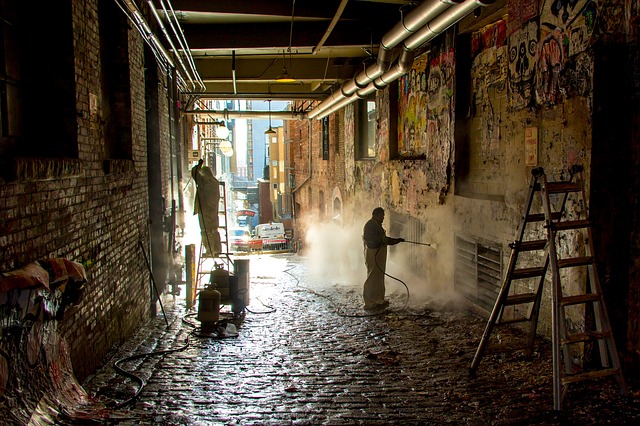
I’m learning to meet Him in work that is complicated and hard — in marriage, in motherhood, in writing, in running my home, in work that doesn’t come naturally to me and makes me feel like a failure.
Ultimately, this isn’t about me. It’s about Him. Meeting Jesus like this compels me to worship, to love, to live all of life — whether I’m wiping tears or writing words — coram Deo, before the face of God.
Friend, your “meager” right-now work can actually hand you the most invaluable gift — the company of Christ himself. One who has always met his own in their right-now work and compelled them to offer whatever they have each day, even as they hope for change.
/////
If you’re new here, we’ve been talking about hope and possibility when it comes to our work, especially the work we’re not loving so much.
“How to Pursue Your Hoped-For Work When You’re Busy With Your Right-Now Life”
How to Embrace Your Right-Now Work Even if it’s Not Your Hoped-For Work
One Gift Your Right-Now Work Is Giving You, Even If You Smell Like Marinara Sauce
4 Simple Ways to Create Time When You Don’t Have Any to Spare
4 Reasons Why Your Right-Now Work Matters to Jesus {even if it doesn’t matter to you}
2 Ways to Give Your Hoped-For Work a Voice. Right Now.
3 Ways to Avoid Despair as You Pursue Your Hoped-For Work
8 Favorite Resources to Help Make Your Hoped-for Work a Possibility in Your Right-Now Life










